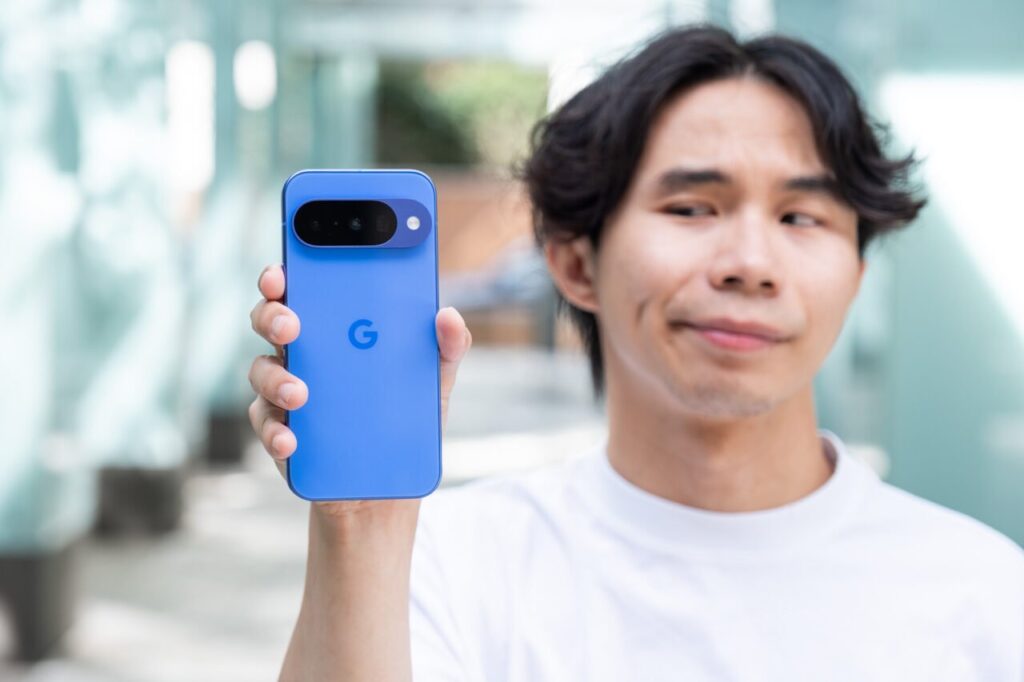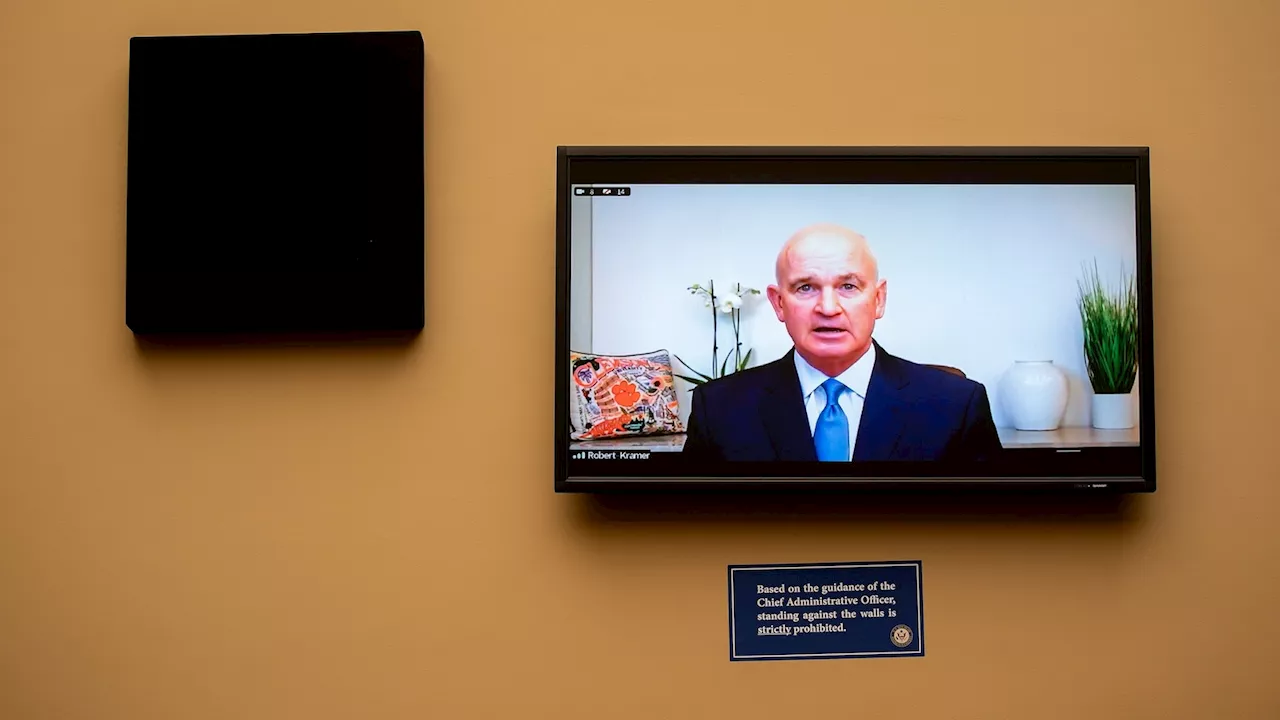
BREAKING: Google has just announced a game-changing update: its Quick Share feature now works seamlessly with Apple’s AirDrop. This groundbreaking interoperability allows Android devices, specifically the Google Pixel 10, to send files directly to iPhones via Bluetooth, mirroring the functionality of AirDrop.
This development, confirmed in a blog post by Google just hours ago, marks a significant shift in how users can share files across platforms. Users can now expect a smoother experience when transferring files between Android and iOS devices, enhancing connectivity in today’s tech landscape.
However, there is a catch—this feature is currently limited to Google Pixel 10 users. Google has indicated plans to expand this functionality to other Android devices in the near future. The announcement comes as a surprise, as Google independently implemented this solution without collaboration from Apple, raising questions about the future of this compatibility.
As noted by The Verge, Google claims its security measures for this interoperability have been validated by a third-party review. This move is particularly intriguing given the historical tension between the two tech giants over platform compatibility. With this update, users can easily discover and connect with each other’s devices as they would typically do within their respective ecosystems.
In response to the news, Nothing CEO Carl Pei expressed on X that his company is already exploring ways to bring this feature to their devices, emphasizing the growing demand for cross-platform functionality.
While this is a major step forward, users should remain cautious. Past experiences with iOS workarounds have shown that such features can be unreliable. For instance, Gizmodo reported challenges in making the feature work as intended, while sources at Bloomberg had more success.
The implications of this update extend beyond convenience. It signifies a pivotal moment in the tech industry, where the pressure for interoperability is mounting. Recent developments like RCS support—sanctioned by Apple—have begun to chip away at the historically isolated nature of Apple’s ecosystem.
Moreover, regulatory scrutiny, particularly from the European Union, has compelled Apple to adopt more universal standards, such as the shift to USB-C. Although it remains unclear if this new compatibility will withstand potential pushback from Apple, the momentum for more open communication between platforms is undeniable.
As consumers await broader access to this feature, the excitement for a more connected mobile experience grows. Will this trend continue, or could it face obstacles from Apple? For now, users are encouraged to test the new functionality and share their experiences.
Stay tuned for updates as this story develops, and be ready to share your thoughts on social media—this could very well be the beginning of a more interconnected future for mobile technology.






